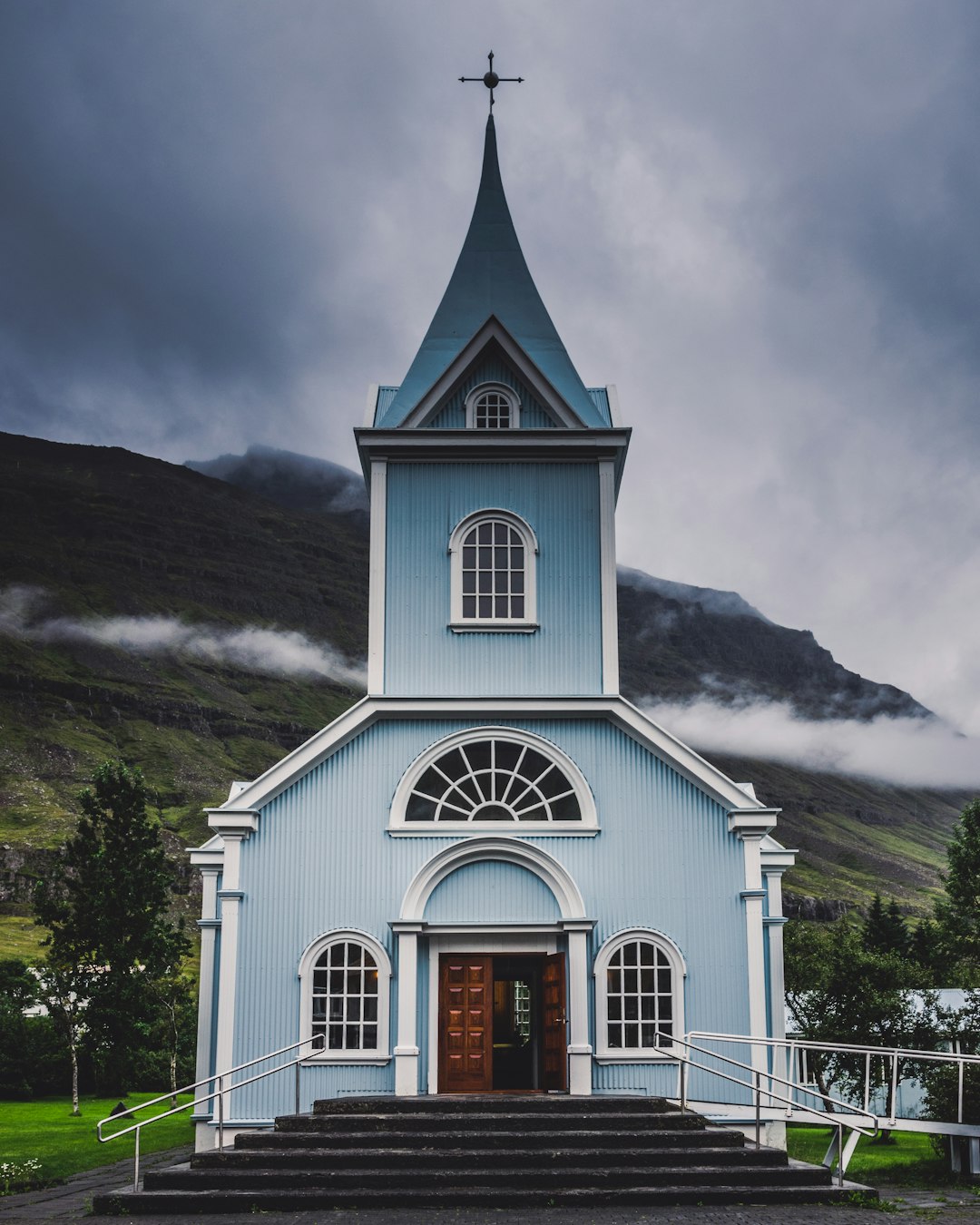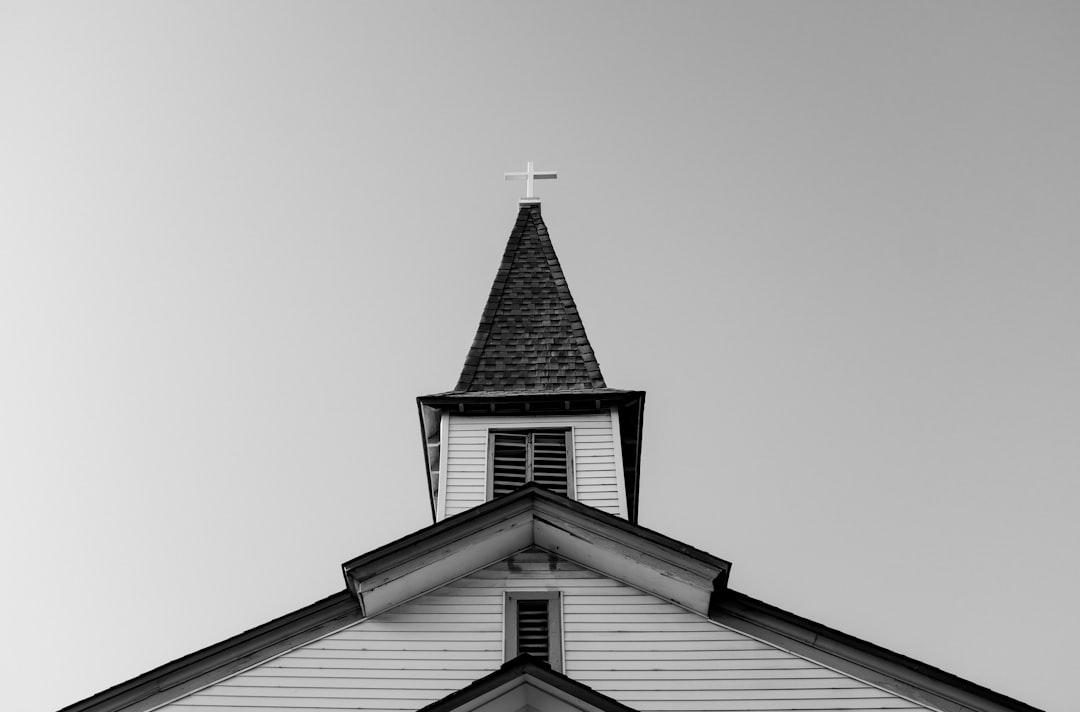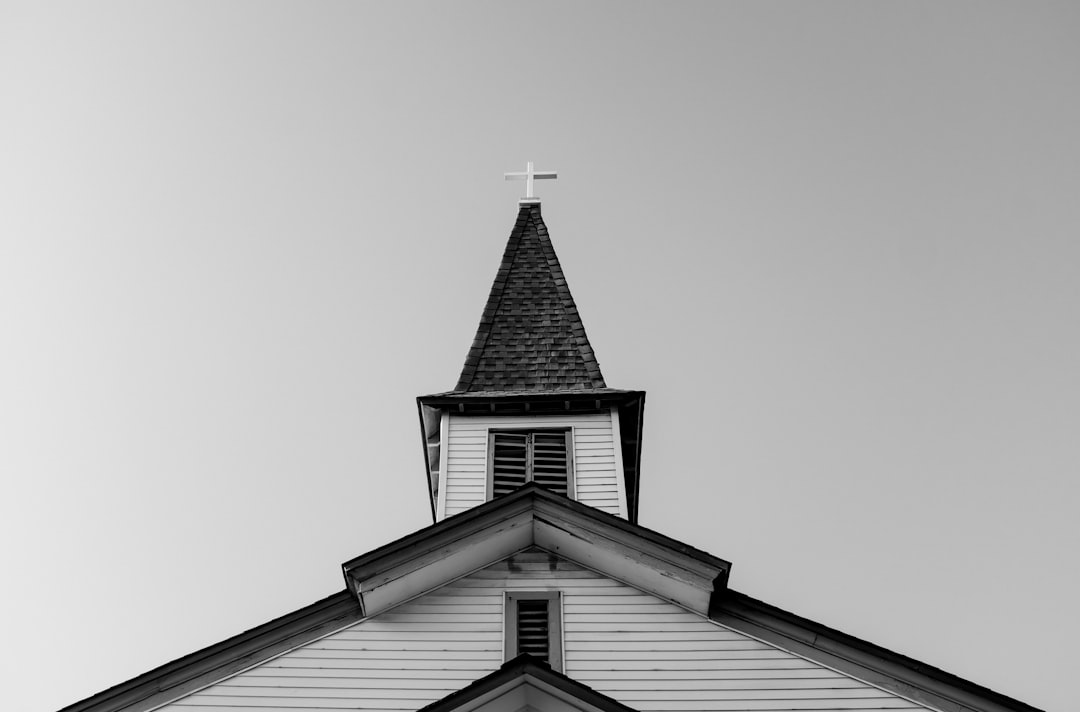Victims of clergy sexual and physical abuse in Ohio have legal protection. Specialized clergy abuse law firms offer vital support, expertise, and privacy for survivors' unique needs. Choosing a firm with state-specific knowledge and a proven track record is crucial for justice. These firms collaborate with local services to provide holistic care and guide victims through legal actions against abusers.
In Ohio, addressing clergy abuse is a critical matter that requires understanding specific legal protections. This comprehensive guide explores the rights of victims and the crucial role of legal advocacy in navigating complex cases. Discover how choosing the right clergy abuse law firm in Ohio can make all the difference in seeking justice. From understanding relevant laws to accessing supportive resources, learn essential steps for survivors to find closure and healing.
Understanding Ohio's Laws on Clergy Abuse

In Ohio, the laws regarding clergy abuse are designed to protect individuals who have suffered sexual or physical misconduct at the hands of religious leaders. If you’ve been a victim of such abuse, understanding your rights under these laws is crucial. A reputable clergy abuse law firm Ohio can provide invaluable guidance and support in navigating this complex legal landscape.
These laws not only address the criminal aspects of clergy abuse but also establish civil liability for those who have contributed to or failed to prevent it. This includes religious institutions, their leaders, and anyone else who played a role in enabling or concealing the abuse. Knowing your rights under these provisions is essential when considering legal action against abusers or seeking justice through a clergy abuse law firm Ohio.
The Role of Legal Advocacy for Victims

For victims of clergy abuse, legal advocacy plays a pivotal role in seeking justice and healing. In Ohio, where clergy abuse law firms specialize in this area, specialized legal assistance is available to help individuals navigate complex legal systems. These firms understand the unique challenges faced by survivors and offer support tailored to their needs.
By engaging a clergy abuse law firm in Ohio, victims can access expertise in handling sensitive cases discreetly and effectively. This includes comprehensive knowledge of state laws, understanding of the judicial process, and the ability to build strong legal strategies. Through robust representation, these firms empower survivors to come forward, hold perpetrators accountable, and pursue the resolution they deserve.
Choosing the Right Clergy Abuse Law Firm in Ohio

When seeking justice for clergy abuse in Ohio, selecting the appropriate law firm is a critical step. Look for firms specializing in clergy abuse cases and with a proven track record in Ohio. Expertise in this area ensures lawyers understand the unique challenges and complexities of such cases, including religious institutions’ legal protections and potential cultural sensitivities.
Consider attorneys who have experience navigating state laws and church governance structures. A well-versed clergy abuse law firm in Ohio will know how to gather evidence, interview witnesses, and build a strong case while protecting your privacy. They should offer a free consultation and be committed to advocating for victims’ rights, providing personalized guidance tailored to your specific situation.
Supporting Survivors: Resources and Next Steps

Survivors of clergy abuse in Ohio face a unique set of challenges, but there are resources available to help them navigate this difficult journey. Many Ohio clergy abuse law firms offer specialized support and legal advocacy tailored to these situations, providing a safe space for victims to share their stories and seek justice. These firms often collaborate with local support groups and counseling services to ensure survivors receive holistic care.
Next steps for survivors may include reaching out to a trusted lawyer, joining support networks, and understanding the legal options available. A clergy abuse law firm in Ohio can guide individuals through these processes, offering advice on filing lawsuits, seeking compensation, and holding accountable those responsible for the harm caused. This process is about empowering survivors and ensuring their voices are heard.






